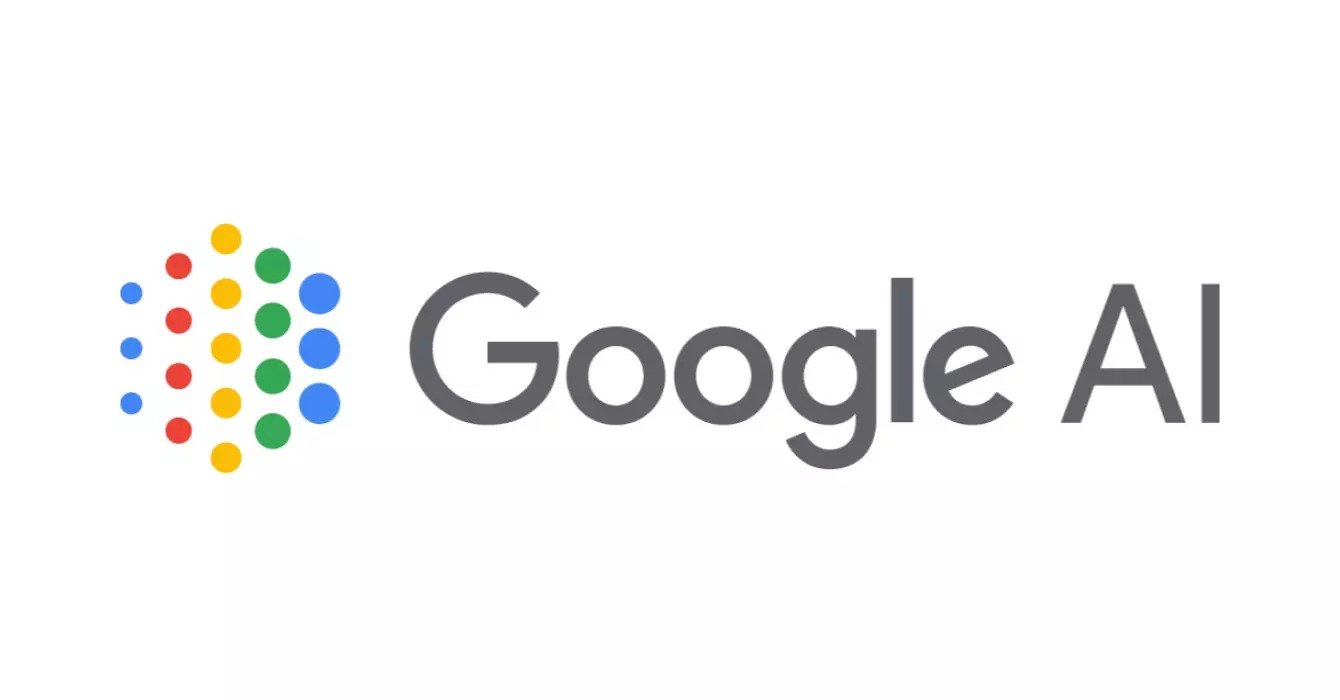
Artificial intelligence (AI) is transforming industries, shaping user experiences, and redefining how technology interacts with society. From personalized recommendations on streaming platforms to advanced medical diagnostics, AI is revolutionizing the way people live, work, and communicate. However, as AI becomes more integrated into daily life, concerns around fairness, transparency, and accountability have grown. AI systems, if not carefully designed, can inherit biases, make unethical decisions, or pose risks to privacy and security. Ensuring ethical and responsible AI development is no longer just an option; it is a necessity. Google Ethical AI is one of the leading initiatives focused on addressing these challenges by creating AI systems that are fair, transparent, and aligned with human values.
Recognizing its role as a global tech leader, Google has taken significant steps to reduce bias, improve accountability, and establish industry standards for responsible AI development. The company invests in research, tools, and governance frameworks to make AI safer and more beneficial for society. But there have been some difficulties along the way. From internal controversies over AI ethics research to ongoing debates about fairness in machine learning, Google has faced scrutiny over how it implements its ethical AI principles. Despite these hurdles, the company continues to refine its policies and push forward with research to ensure AI serves humanity responsibly. This article explores how Google Ethical AI is shaping the future of responsible technology and what it means for users, businesses, and the broader AI landscape.
Google Ethical AI: Principles and Commitments
Google has established a set of AI principles that guide its approach to ethical AI. These include ensuring AI is socially beneficial, avoiding bias, prioritizing safety, and holding AI systems accountable. The company also commits to avoiding AI applications that could harm people or violate human rights.
To uphold these principles, Google Ethical AI focuses on:
1. Fairness and Bias Reduction
Google invests heavily in research to reduce bias in machine learning models. AI systems must be trained on diverse datasets to prevent discrimination and ensure fairness across different user demographics.
2. Transparency and Explainability
Making AI decision-making processes understandable to users is a priority. Google is developing tools to explain how AI models make predictions, allowing users to trust and verify outcomes.
3. Privacy and Security
Google integrates privacy-preserving AI techniques like differential privacy and federated learning to enhance user data protection.
4. Human-Centered AI
Instead of taking the place of human decision-making, AI should support it. Google emphasizes responsible AI development that enhances human capabilities while maintaining ethical standards.
Ethical AI in Action: Google’s Key Initiatives
To turn ethical AI principles into practice, Google has launched several key initiatives:
1. AI Fairness Research
Google’s research teams work to identify and mitigate biases in AI models. The Google AI Fairness Team develops tools that detect biased decision-making patterns and ensure AI behaves equitably across different user groups.
2. Responsible AI Toolkit
Google provides open-source resources like the What-If Tool and Model Cards, which help developers assess AI models for fairness, bias, and transparency. These tools empower businesses to implement responsible AI practices.
3. Ethical AI in Google Products
Google integrates ethical AI into products like Google Search, Google Translate, and YouTube recommendations. By refining AI algorithms to reduce misinformation and harmful content, the company aims to create safer online experiences.
4. External AI Governance and Collaboration
Google collaborates with governments, academia, and industry leaders to set global AI governance standards. The company participates in AI ethics discussions and contributes to shaping regulations that promote responsible AI deployment.
Challenges and Criticism
Despite its efforts, Google Ethical AI has faced challenges. Internal disputes, such as the departure of ethical AI researchers like Timnit Gebru and Margaret Mitchell, raised concerns about Google’s commitment to truly independent AI ethics research. Critics argue that corporate interests may sometimes conflict with ethical AI goals.
Additionally, Google’s AI models still struggle with bias in areas like facial recognition and language processing. While progress has been made, ethical AI remains a work in progress, requiring constant vigilance and adaptation.
The Future of Responsible AI
As AI continues to evolve, Google Ethical AI will play a critical role in shaping the future of responsible technology. The company must balance innovation with ethical considerations, ensuring AI serves society in a fair and accountable manner. Future developments may include stronger AI regulations, enhanced transparency tools, and continued research into bias mitigation.
Ultimately, responsible AI is not just a Google issue—it is a collective effort that requires collaboration across industries and governments. By setting ethical AI standards, Google can influence the broader tech landscape and help create a future where AI is both powerful and principled.
In conclusion, Google Ethical AI is driving the conversation on responsible AI by prioritizing fairness, transparency, and accountability. While challenges remain, Google’s initiatives demonstrate a commitment to ethical AI development. As technology advances, maintaining a strong ethical framework will be crucial in ensuring AI benefits all of society. By addressing bias, enhancing transparency, and fostering collaboration, Google is shaping a future where AI is both innovative and responsible.

